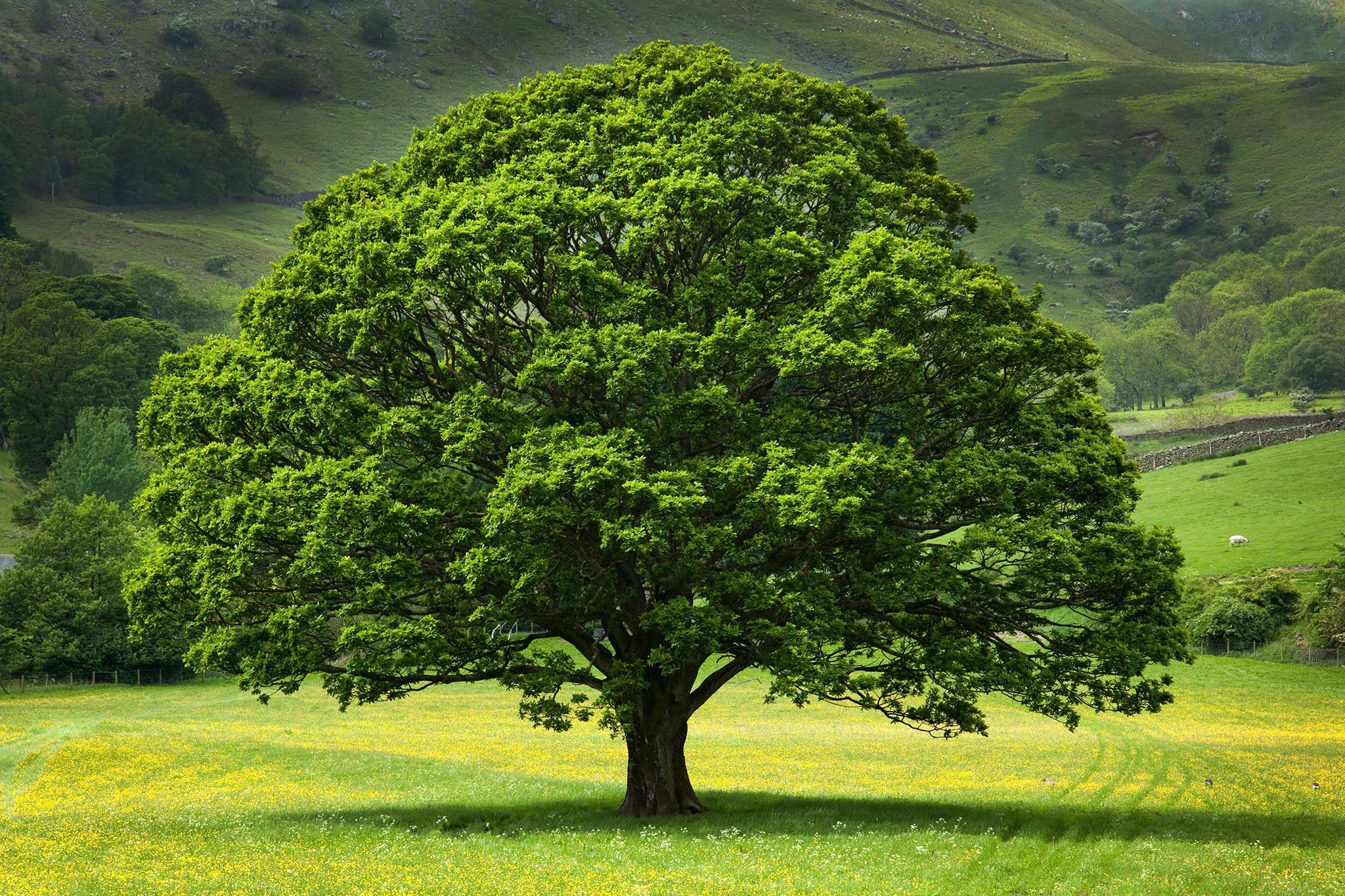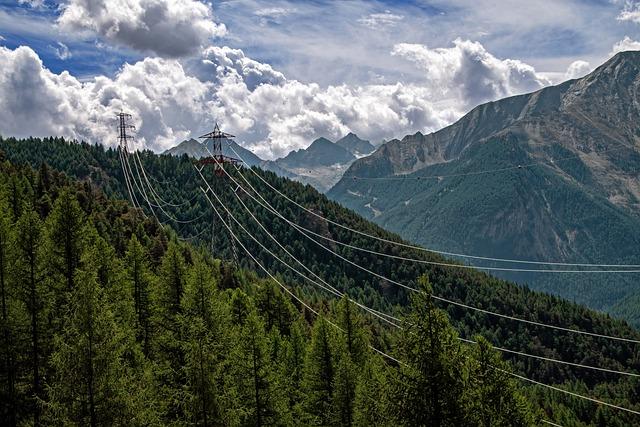Allergies can make enjoying the great outdoors challenging for many individuals, but selecting the right trees for your yard can help alleviate some of these issues. For allergy sufferers, choosing trees that produce minimal pollen and have low allergenic potential is key to creating a comfortable outdoor environment. In this article, we will discuss important factors to consider when selecting trees for allergy sufferers and provide a guide to help you make informed choices for your landscaping needs.
For allergy sufferers, choosing the right trees for your landscape can make a world of difference in reducing symptoms. When selecting trees, consider opting for ones with low pollen production to minimize allergen exposure. Look for trees that have non-irritating sap to avoid skin irritation and allergies.
Additionally, low allergenic potential in trees can help keep your allergies at bay. Trees with non-fragrant flowers are a great option for those sensitive to strong scents. Choose trees with smooth bark to prevent allergens from getting trapped and causing irritation.
When planting allergy-friendly trees, be mindful of spacing and maintenance to ensure optimal growth and health for both the trees and yourself. Consider consulting with a local arborist for guidance on the best tree options for your specific allergies and climate.
Q&A
Q: How do trees contribute to allergies?
A: Trees produce pollen, which is a common allergen that can trigger symptoms in allergic individuals.
Q: What are some tree species that are less likely to cause allergies?
A: Some tree species that are less likely to cause allergies include fruit trees like apple and cherry, as well as flowering trees like dogwood and redbud.
Q: Are there specific times of year when tree pollen is more prevalent?
A: Tree pollen is typically most prevalent in the spring, when many trees are in bloom and releasing large amounts of pollen into the air.
Q: How can allergy sufferers choose trees that are less likely to trigger symptoms?
A: Allergy sufferers should consider planting female trees, as they do not produce pollen. Additionally, selecting trees with tight, compact flowers can help reduce pollen production.
Q: Are there any types of trees that allergy sufferers should avoid planting?
A: Allergy sufferers may want to avoid planting male trees, as they produce larger amounts of pollen than female trees. They should also be cautious of trees that produce highly allergenic pollen, such as birch and oak.
Conclusion
selecting the right tree for your yard can make a significant difference for allergy sufferers. By choosing trees with low pollen production, non-allergenic properties, and proper maintenance, you can enjoy a beautiful landscape without the irritating symptoms of allergies. Keep these factors in mind when selecting trees for your outdoor space to create a more allergy-friendly environment for yourself and your loved ones.
Simpsons Tree Services, Servicing Melbourne’s North Eastern Suburbs
Book a quote online at www.simpsonstrees.com.au




